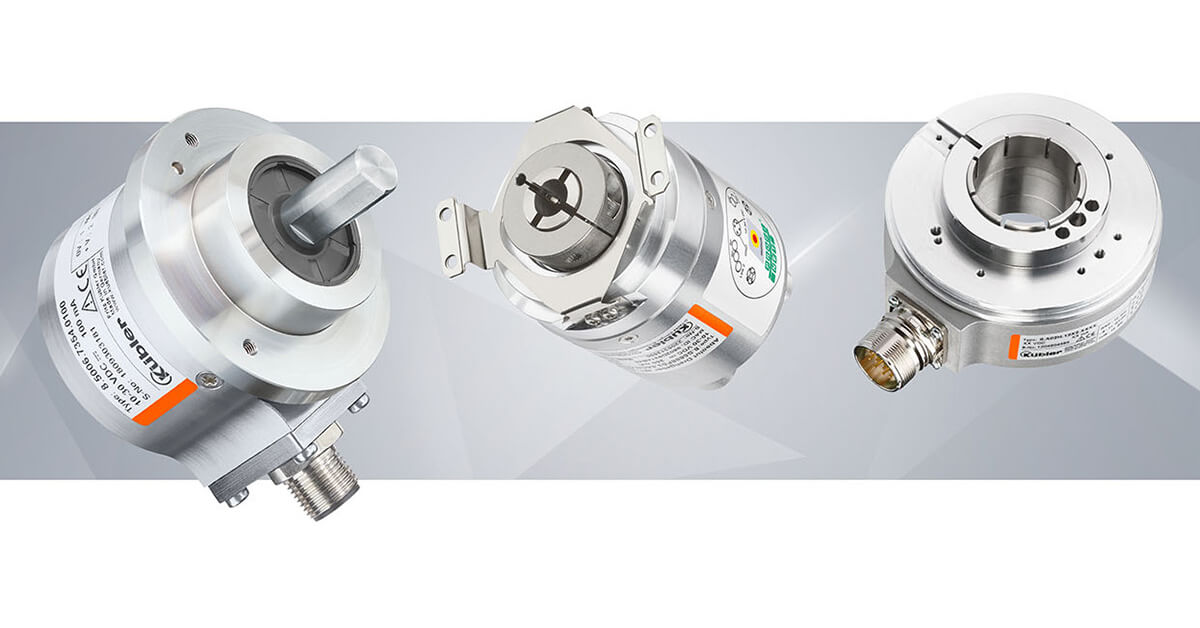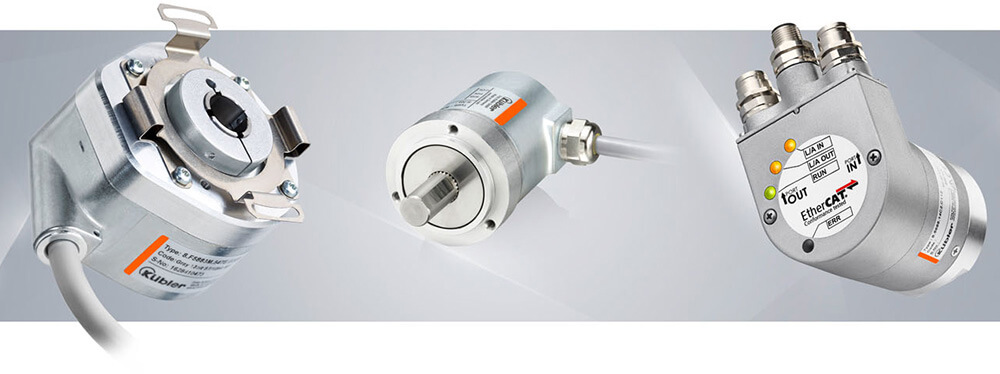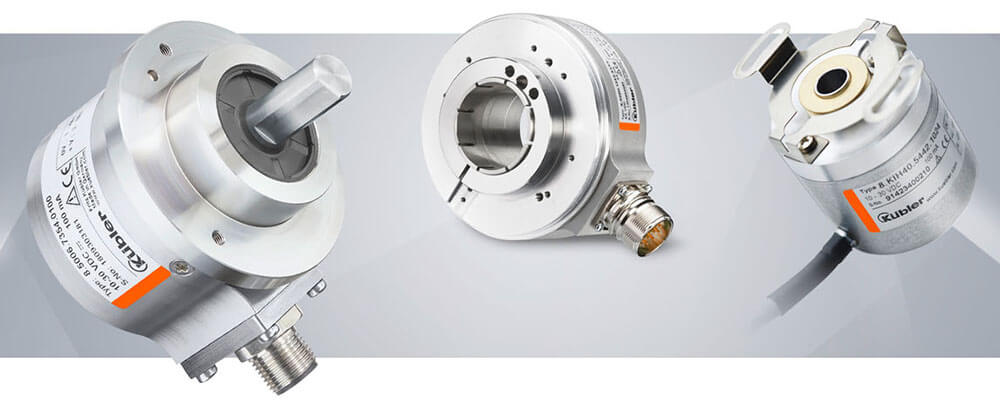FAQ: What's the Difference Between an Absolute and Incremental Encoder?
Published by Pacific Automation on 23rd Jul 2020
There are two key types of rotary encoder; incremental and absolute. Rotary encoders are used to detect the speed and position of rotating parts.
The main difference between incremental and absolute is that absolute encoders are able to register their position both with and without power.
For example, if power is lost to the machine and the machine moves:
-
an absolute encoder will know where the machine currently is in its rotation
-
an incremental encoder would not know where the machine currently is
How does this work?
Incremental encoders send out pulse or wave outputs relative to speed. An encoder with a pulse rate of 1000 would send out 1000 pulses per revolution.
Most encoders come with two tracks, commonly referred to as A & B which has a slight offset. By monitoring the timing difference between the A & B tracks, you can detect which direction the shaft is rotating in.
As incremental encoders only give a pulse output, they are ideal for measuring speed.
If you want to measure the number of rotations or the relative movement of the part, you need to count the number of pulses in each direction and take a net figure.
This should not be used as a reliable indication of position, however - because if the machine loses power and subsequently moves, the encoder will continue to just give a pulsed output.
Without a reference point, you wouldn’t know where the machine actually was.
Types of Absolute Encoders
Absolute encoders come in two types, single and multi-turn. A single turn encoder is able to detect exactly where it is within a single turn and report this information back as a single turn resolution.
 Absolute single-turn encoders from Kubler.
Absolute single-turn encoders from Kubler.A multi-turn encoder does the same, but it also has a second output which counts the number of turns, so you get a single turn resolution and a multi-turn resolution.
 Absolute multi-turn encoders from Kubler.
Absolute multi-turn encoders from Kubler.
Absolute encoders are best suited for positioning applications.
So as a rule of thumb, use incremental encoders for speed and absolute encoders for positioning.
Pacific Automation supplies a range of absolute and incremental encoders from first-class sensor specialists Kubler.
As the Australian channel partner for Kubler products in Australia, Pacific Automation can provide technical support for precision measurement applications within mining, industrial, manufacturing and the food & beverage production industries.
For more information about the Kubler range of encoders, contact the team at Pacific Automation or browse your options online today on our Encoders page.
Get technical support on every product sold and free AU shipping over $100.
